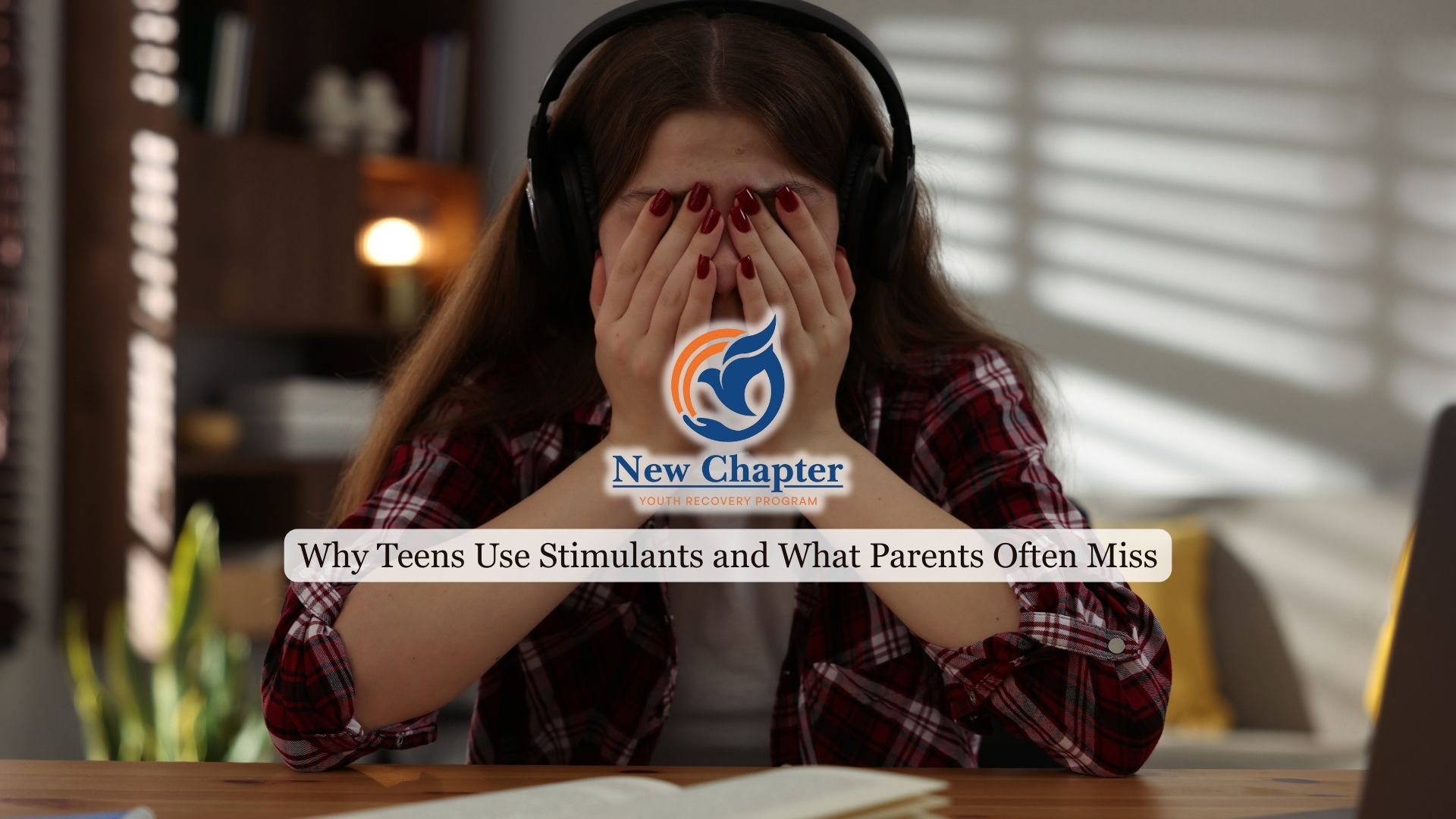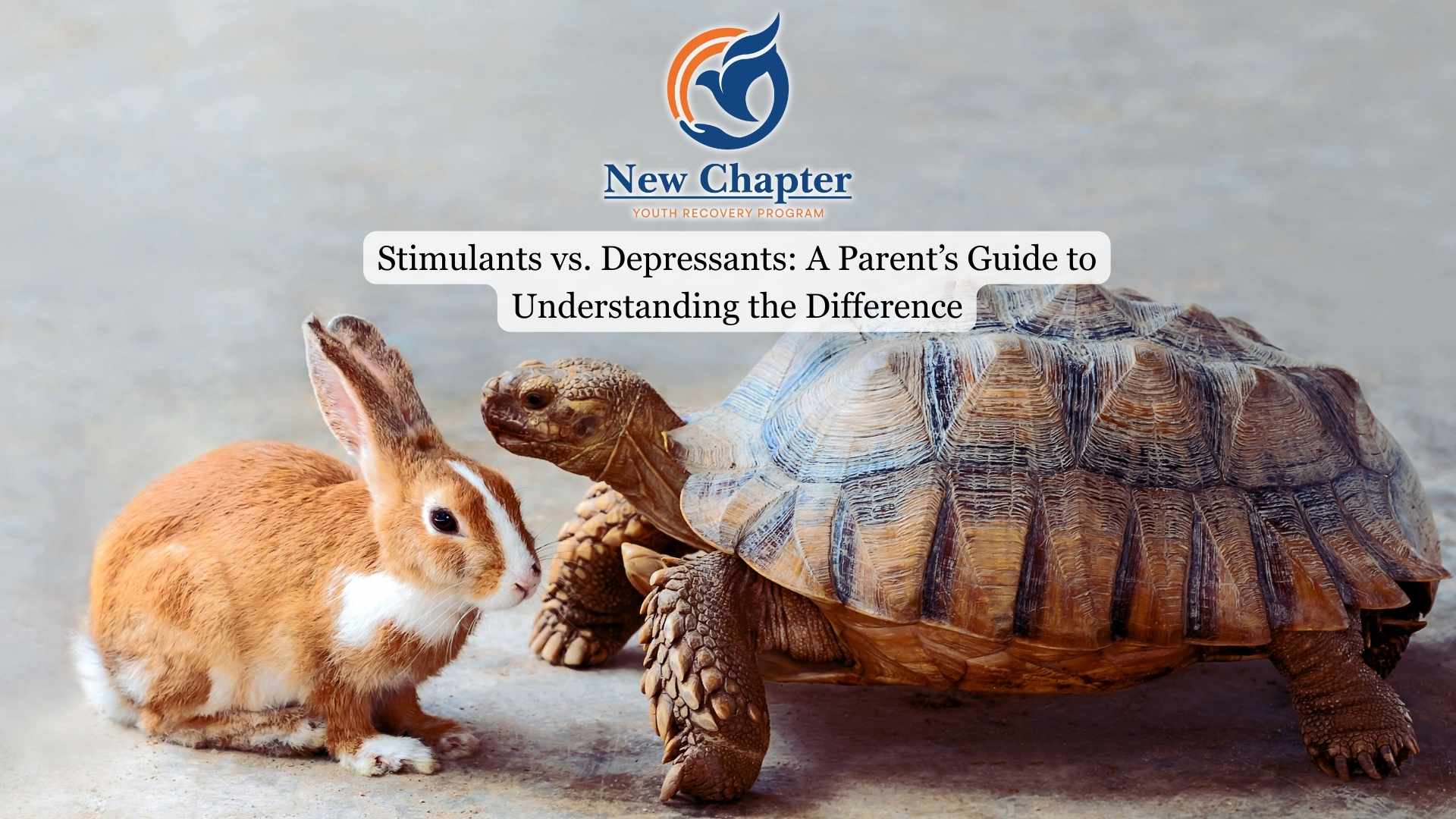The link between marijuana use and schizophrenia has become a subject of increasing interest and worry among scientists, especially as cannabis becomes more widely legal and socially accepted. Schizophrenia, a serious mental disorder marked by symptoms like hallucinations, delusions, and cognitive deficits, has demonstrated a complicated relationship with marijuana use.

The Schizophrenia-Marijuana Connection
Research reveals that early cannabis use can lead to the onset of schizophrenia symptoms up to three years earlier, especially in those with a family history of the disorder.
Individuals diagnosed with schizophrenia are more likely to engage in regular marijuana use, with studies showing a higher prevalence of cannabis use disorder among this population.
THC has been identified as a trigger for psychotic symptoms that mimic schizophrenia, increasing the likelihood of developing serious mental health issues.
Notably, those with a family history of psychosis or schizophrenia are at an increased risk when using cannabis. Although the connection is robust, it is not simple, as genetic predisposition, the strength of the cannabis consumed, and individual vulnerability all play significant roles in determining outcomes.
If you’re concerned a teen in your life is struggling with marijuana abuse, a comprehensive marijuana addiction treatment approach will help them navigate the journey to sobriety.
Triggering Psychotic Symptoms
THC, the psychoactive compound found in marijuana, can trigger temporary psychotic symptoms, particularly when consumed in high doses.
If you’re an adolescent using cannabis, you’re more likely to experience psychotic-like symptoms, such as hallucinations, with a third of users aged 14-18 reporting these effects.
Cannabis-induced psychosis can mimic schizophrenia symptoms, complicating diagnosis and treatment for those with underlying mental health issues.
The potency of marijuana plays a role, as higher THC levels correlate with an increase in psychotic episodes among users.
It’s crucial to be aware that experiencing psychosis after cannabis use raises your risk of developing schizophrenia or bipolar disorder by 47%.
High-Potency Strains and Increased Risk
As the potency of cannabis strains continues to rise, with THC levels skyrocketing from 13% in 2006 to over 30% in 2016, so does the risk of developing psychotic symptoms and schizophrenia, especially among young users.
Daily use of high-potency cannabis has been linked to a five-fold increase in the risk of experiencing a psychotic disorder compared to non-users. Furthermore, among individuals with psychosis, daily users of high-potency cannabis experienced their first episode an average of six years earlier than non-users.
Regular use of high-potency cannabis increases the likelihood of experiencing amplified positive symptoms in first-episode psychosis patients compared to those using lower-potency strains.
The schizophrenia risk is significantly higher for adolescents who start using high-potency cannabis, with early initiation linked to an earlier onset of symptoms by up to three years.
Cortical Changes and Long-Term Effects
Marijuana use during adolescence may lead to thinning of the cerebral cortex, with the prefrontal cortex being especially vulnerable. This accelerated cortical thinning could have profound implications for cognitive development and function.
Chronic marijuana users exhibit reduced gray matter volume in the orbitofrontal cortex (OFC), a region crucial for decision-making and impulse control.On top of that, functional and structural connectivity changes have been observed in the OFC network and associated white matter tracts.
These alterations may contribute to long-term cognitive deficits, including impairments in attention, memory, and executive functioning.
Importantly, the age of onset of cannabis use appears to be a critical factor, with earlier initiation associated with more pronounced cortical changes and potentially more severe cognitive consequences.

Health Implications for Teens
Teen marijuana use is associated with an increased risk of developing psychiatric disorders, including depression and anxiety. Users are two to four times more likely to experience these conditions.
The drug can also interfere with academic performance, potentially leading to poor grades and truancy.
Physical health concerns include respiratory issues and the risk of developing cannabinoid hyperemesis syndrome, which is characterized by severe nausea and vomiting.
Early and frequent use also heightens the risk of developing marijuana use disorder, which can have lasting impacts on social and occupational functioning.
Final Thoughts from New Chapter Youth Program
At New Chapter Youth Program, we provide specialized treatment programs for adolescents struggling with cannabis addiction in New Jersey. Our approach is evidence-based and addresses both the addiction itself and any underlying mental health concerns, such as the risk of psychosis and schizophrenia.
We offer a supportive and therapeutic environment where teens can safely confront their challenges and acquire the necessary skills for a healthier, substance-free future.






